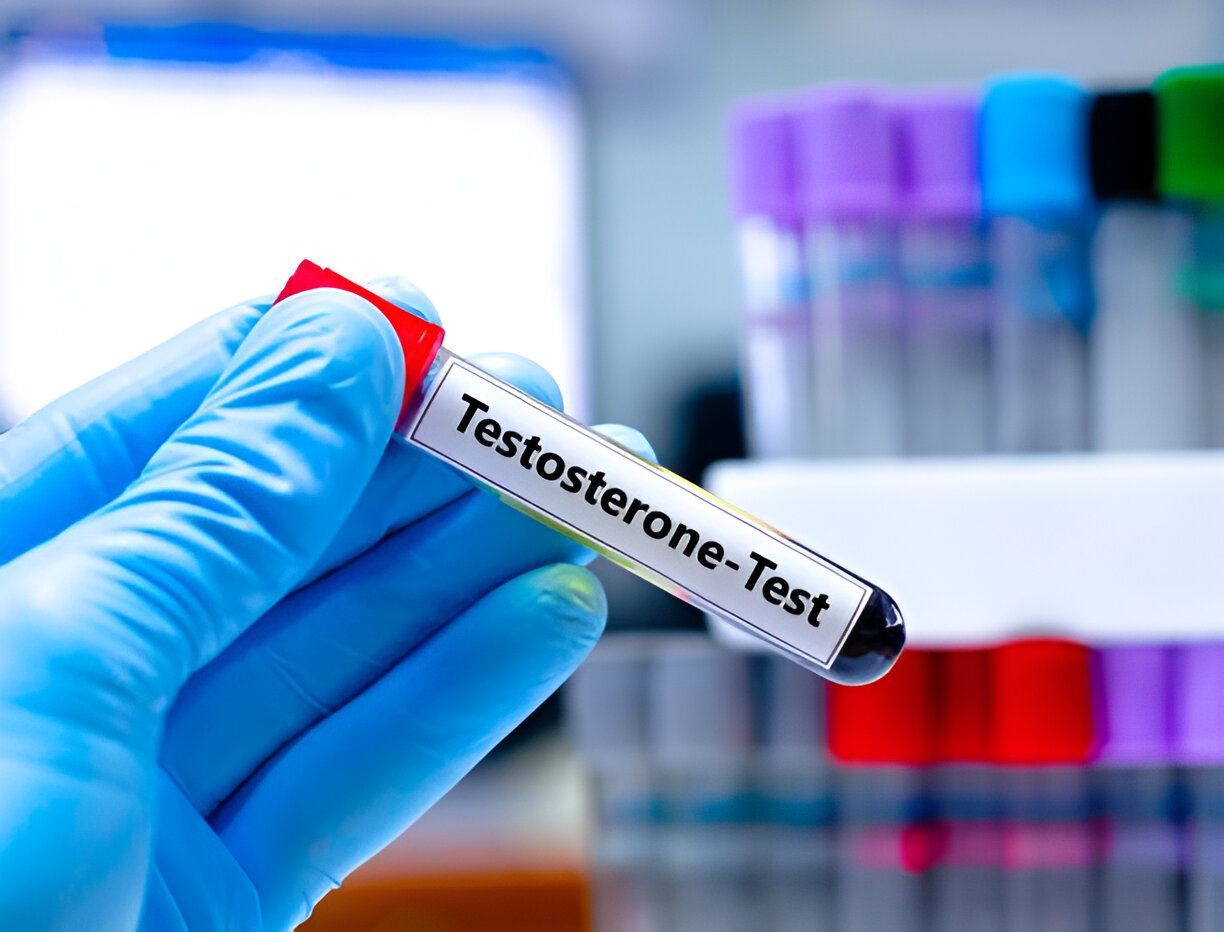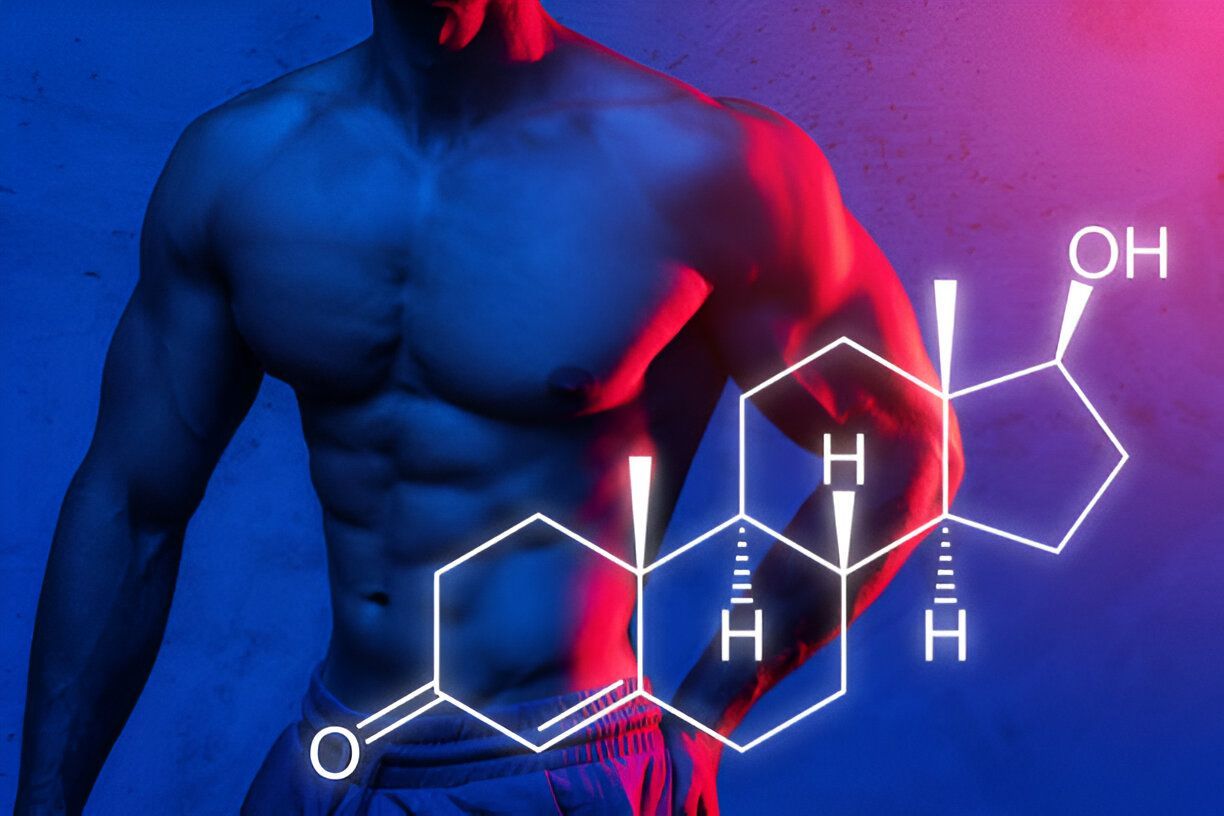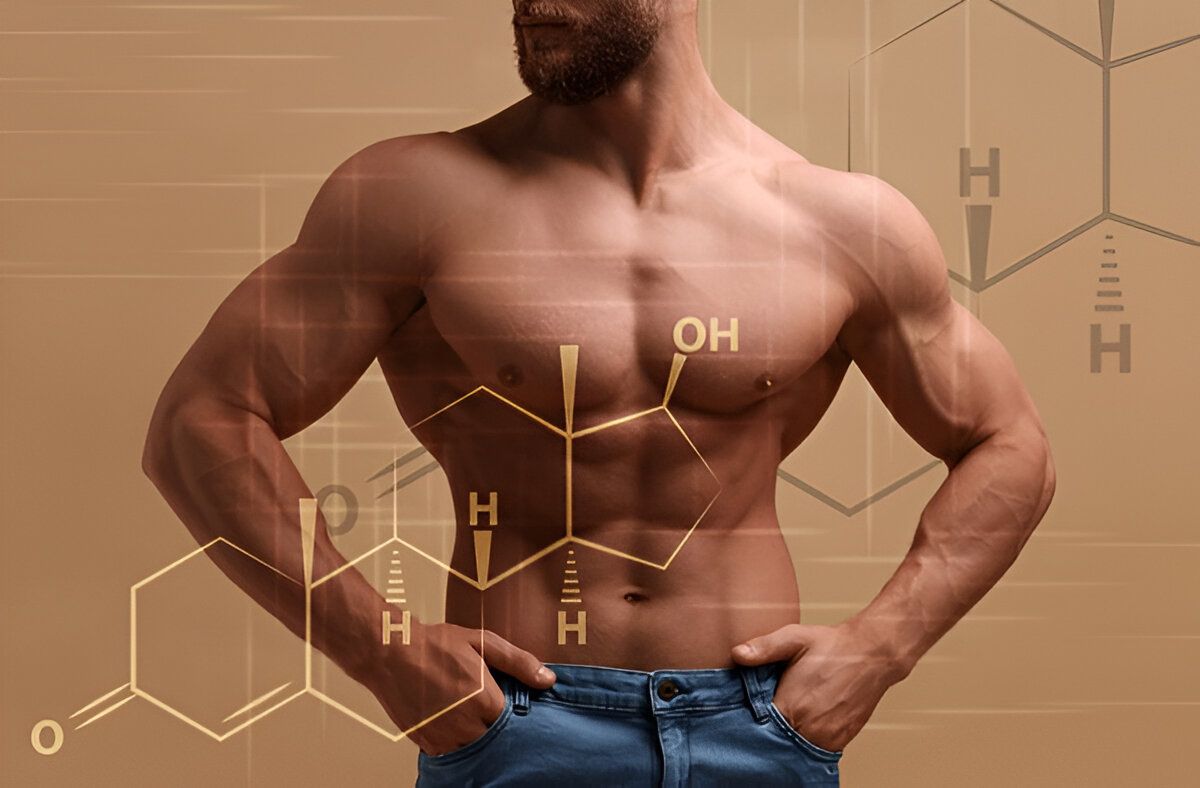What Are the Symptoms of Low Testosterone in Men Over 30?
As men age, particularly after the age of 30, testosterone levels naturally begin to decline. This gradual decrease can lead to a variety of symptoms that may affect both physical and mental health. Recognizing the signs early is essential for managing low testosterone and improving quality of life. In this article, we'll discuss the common symptoms of low testosterone in men over 30 and how to address this condition.

Understanding Testosterone and Its Role in Men’s Health
Testosterone is a hormone that plays a vital role in many aspects of male health, including muscle mass, bone density, libido, mood, and overall energy levels. It is primarily produced in the testicles, and its levels peak during a man’s early adulthood. However, after the age of 30, testosterone levels begin to decrease by about 1% each year. This decline can lead to a condition known as low testosterone, or hypogonadism, which affects a significant number of men as they age.
Common Symptoms of Low Testosterone
Low testosterone can manifest in various ways. The following are some of the most common symptoms men over 30 may experience:
Fatigue and Low Energy Levels
One of the earliest and most noticeable symptoms of low testosterone is chronic fatigue. Men may find themselves feeling unusually tired, even after a full night's sleep. This lack of energy can affect daily activities, work performance, and overall motivation.
Decreased Libido
Testosterone is closely tied to sexual drive, and a decrease in levels often leads to a noticeable reduction in libido. Men may experience less interest in sex or find it difficult to achieve or maintain an erection.
Loss of Muscle Mass
Testosterone plays a critical role in muscle growth and maintenance. As testosterone levels decline, men may notice a loss of muscle mass and strength. This can make it harder to build muscle through exercise and may contribute to feelings of physical weakness.
Increased Body Fat
Increased body fat, particularly around the abdomen, is another symptom of low testosterone. This can lead to weight gain, even with no significant changes in diet or exercise routines. A higher body fat percentage can also increase the risk of other health conditions such as diabetes and heart disease.
Mood Changes and Depression
Testosterone influences mood and mental health. Men with low testosterone may experience irritability, depression, anxiety, or even a sense of sadness or hopelessness. These mood changes can significantly impact relationships, work, and overall mental well-being.
How to Diagnose Low Testosterone

If you suspect you may have low testosterone, it’s important to see a healthcare professional for an accurate diagnosis. Blood tests are typically used to measure testosterone levels. A diagnosis of low testosterone is usually confirmed if blood tests show levels consistently below the normal range.
Treatment Options for Low Testosterone
There are several treatment options available for men with low testosterone, depending on the severity of the condition and individual health factors.
Testosterone Replacement Therapy (TRT)
Testosterone Replacement Therapy (TRT) is a common and effective treatment for low testosterone. TRT can be administered through injections, patches, gels, or pellets. These treatments help to restore testosterone levels to normal, alleviating symptoms such as fatigue, low libido, and muscle loss.
Lifestyle Changes
In addition to medical treatments, making lifestyle changes can help boost testosterone levels. Regular exercise, particularly strength training and cardiovascular exercise, can help increase testosterone production. A healthy diet rich in nutrients, including zinc and vitamin D, can also support optimal testosterone levels. Reducing stress and getting enough sleep are equally important for maintaining hormonal balance.
When Should You Seek Treatment?
If you experience any of the symptoms mentioned above and suspect that low testosterone might be the cause, it's important to
consult with a healthcare provider. Early intervention can help prevent the condition from affecting your overall health and quality of life. A doctor can provide the best course of action, including whether testosterone therapy or other treatment options are appropriate for you.
Conclusion
Low testosterone is a common condition that affects many men over 30. The symptoms can be frustrating and impact various aspects of life, but they are treatable. If you’re experiencing any signs of low testosterone, it’s important to seek medical advice for proper diagnosis and treatment. Whether through testosterone replacement therapy or lifestyle changes, there are effective ways to manage low testosterone and regain your vitality.









